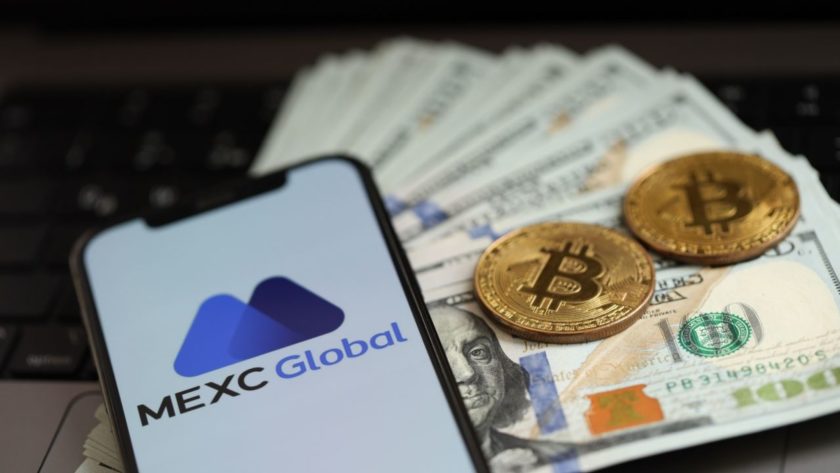As reports hit the United Kingdom in mid-June warning that inflation rates had fallen to a four-year low, high-profile fund managers were conversely worrying that the COVID-19 stimulus from governments and central banks would ultimately drive up prices.
In a recent market outlook note, famed hedge fund investor Paul Tudor Jones warned that:
“We are witnessing the ‘great monetary inflation’ — an unprecedented expansion of every form of money unlike anything the developed world has ever seen. High debt accommodated by money printing is difficult to banish. Inflation expectations could one day respond to this reality.”
Crispin Odey, the London-based founder of Odey Asset Management, also agrees inflation is ultimately unavoidable given the level of stimulus. “In the short term, the money will be made on the inflation bet,“ Odey wrote in a recent letter. With potential inflation seemingly on the horizon, investors are looking out for the next big hedge in order to protect assets during the nascent economic crisis.
Is Bitcoin the new gold?
Jones, for one, has decided a way forward is to invest his fund, Tudor Investment Corporation, into Bitcoin (BTC). “If I am forced to forecast, my bet is it will be Bitcoin,” commented Jones in the same letter to investors. “Bitcoin reminds me of gold when I first got into the business in 1976.”
After the United States Federal Reserve indicated on June 10 that interest rates will remain near 0% until 2022, Bitcoin saw a short-lived run past $10,000, gaining 1.6% over 24 hours before dropping back.
Institutional investment managers have been increasingly interested in all things crypto over the past couple of years, and their interest keeps rising. A recent Fidelity report shows that in a survey of almost 800 institutional investors across the U.S. and Europe, 45% of firms in Europe say they hold crypto assets. Fidelity goes on to report:
“The survey revealed higher penetration with crypto hedge and venture funds, as expected, but also the financial advisor, high net worth individual and family office segments.”
Consumers are also showing increased signs of interest, with the U.K.’s Financial Conduct Authority reporting that an estimated 2.6 million people have bought crypto assets at some point, nearly double the number reported last year.
Easier access
Investors across the board can take advantage of these same trends and realize the benefits of hedging against inflation via Bitcoin. But accessing crypto markets can be extremely convoluted at times, with crypto exchanges charging users hefty fees for the privilege. Yet over the past couple of years, there has been somewhat of a maturing of crypto markets. Now, more consumer-friendly, easy-to-use platforms have been set up, providing immediate and safe access to best-price crypto. Users of these platforms can benefit by instantaneously and effortlessly exchanging their money into digital currencies at competitive prices and monitoring their balances in real time.
Own the fastest horse
Through these unprecedented times as economies around the world adjust to dealing with a pandemic, investors across the globe are having to readjust their positions. Using Bitcoin to hedge against potential inflation is not solely in the realm of the Joneses and Odeys of this world, however. New technology platforms are making it much easier for U.K residents to similarly safeguard their assets by combining currencies into one account, helping to make cryptocurrencies more readily available.
“The best profit-maximizing strategy is to own the fastest horse,” Jones said in his “Great Monetary Inflation” note. He clearly believes that Bitcoin is the one to back.
The views, thoughts and opinions expressed here are the author’s alone and do not necessarily reflect or represent the views and opinions of Cointelegraph.
Mark Hipperson is the founder and CEO of Ziglu, a cryptocurrency trading platform. Previously, he co-founded Starling Bank, where he was responsible for helping to secure the U.K. banking license with regulators and obtaining the initial $70 million funding. He was also responsible for the design, build, implementation and support of the bank’s IT services platform, apps and infrastructure. Mark started his career at Barclays where he was deputy chief technology officer and head of technology for the Barclays Group.




